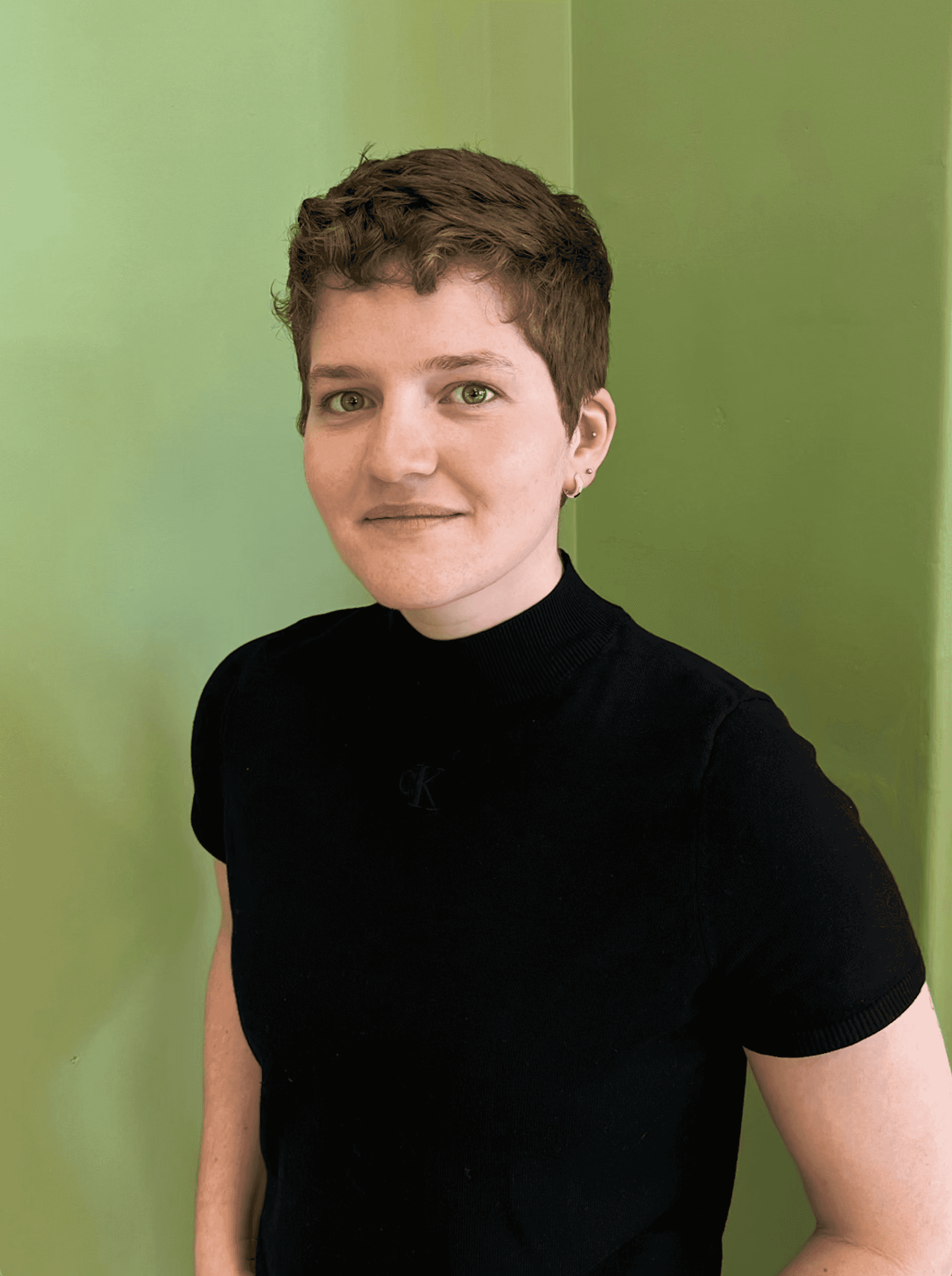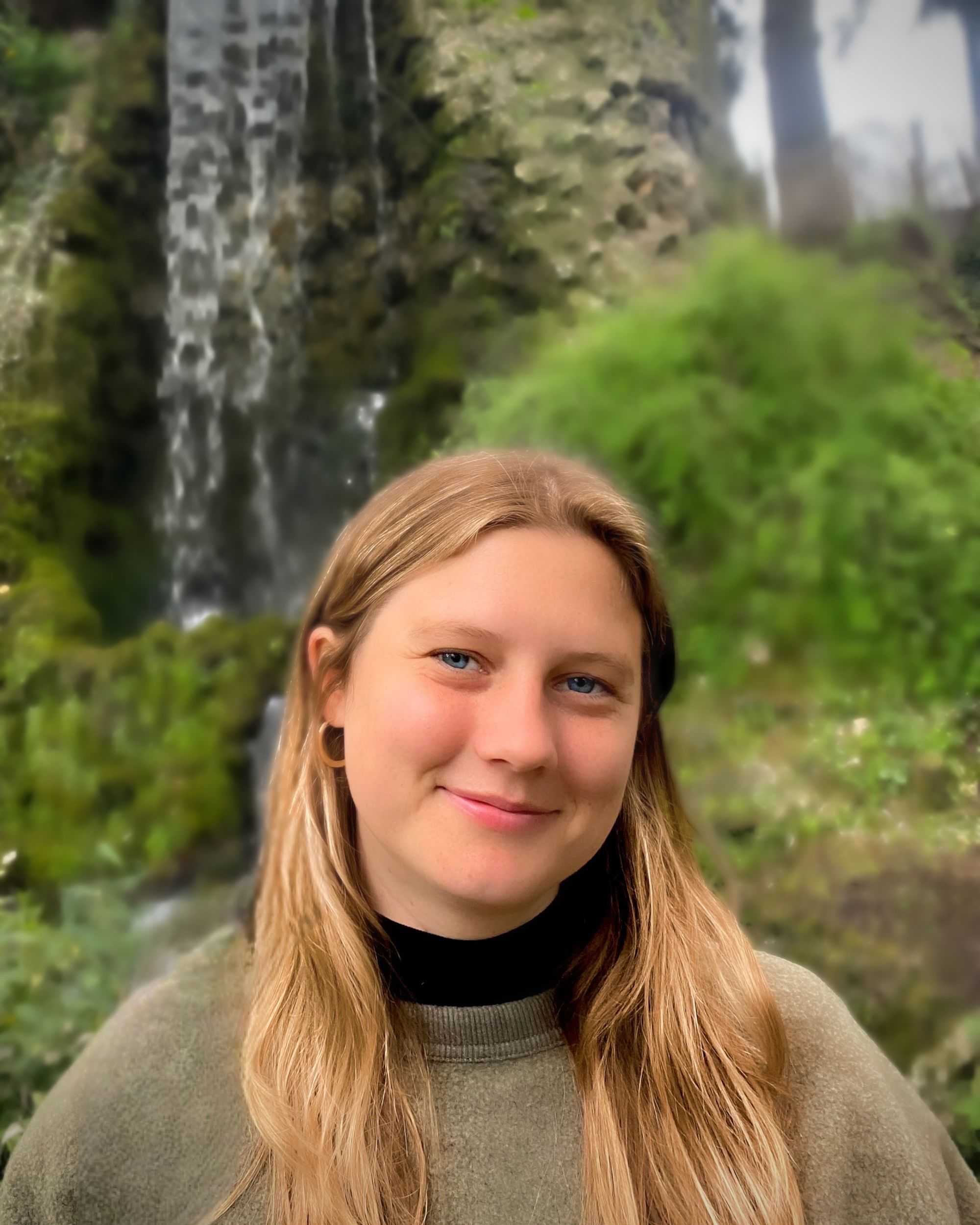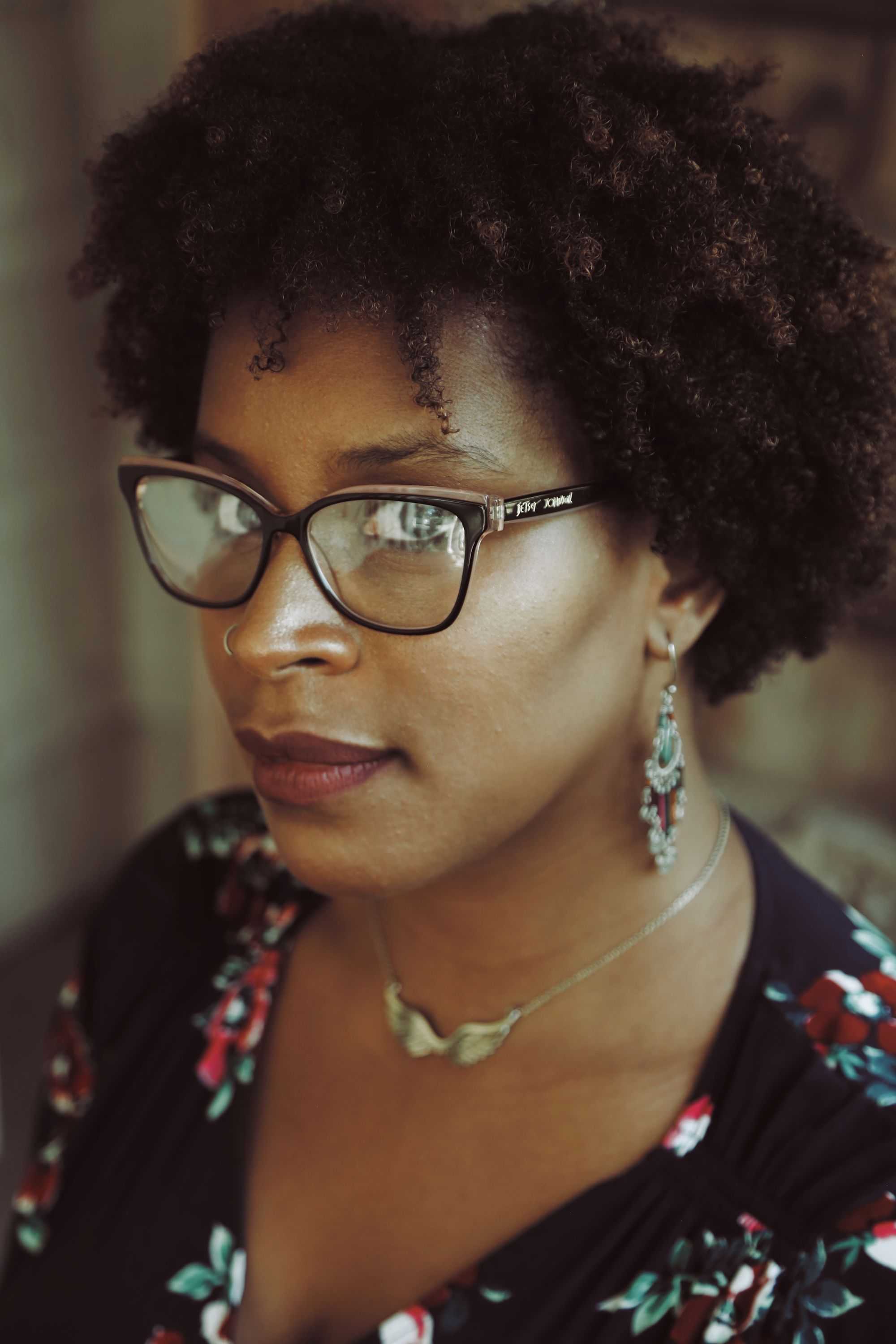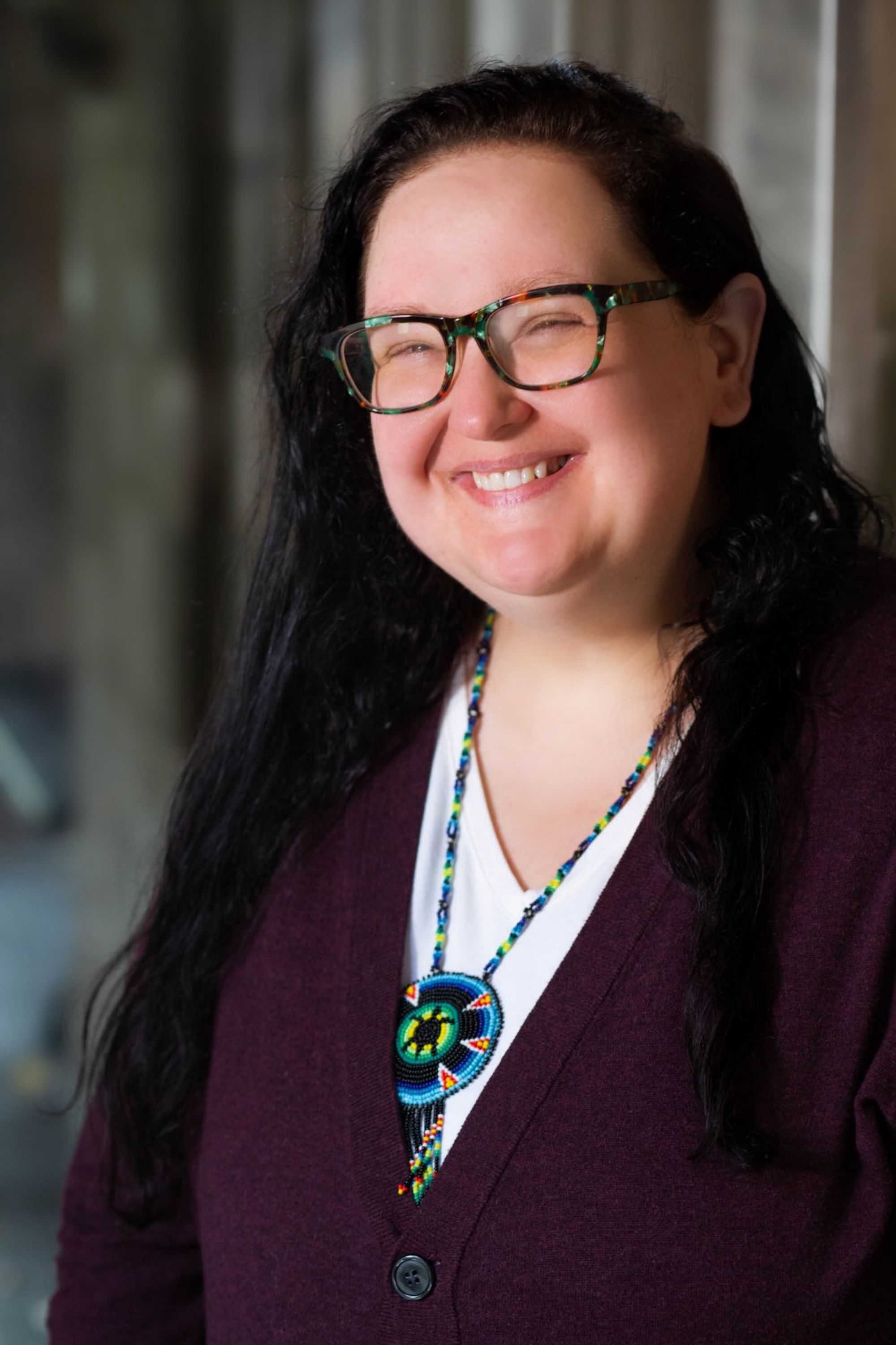Kinship & (Be)Longing
Confronting Slavery's Archive through Critical Black DH
Speakers




Please note time change to 5:15pm. In this presentation, we will share our experience working with Scholarly Editing to create a digital edition of fourteen stories centering Black and Black-Native life and humanity, which are derived from Louisiana’s colonial archive. After a brief overview of the Keywords for Black Louisiana (K4BL) project and our guiding principles, we will walk through the process of undertaking the digital edition, choosing the stories we have foregrounded, designing the components of our edition, and collaborating as a team to transcribe, translate, and encode the primary source documents. Our discussion will address the ways in which we have utilized, remixed, and stretched the Textual Encoding Initiative (TEI) guidelines to highlight the presence and lived experiences of named and unnamed enslaved people, connecting them and their stories using specific keywords such as kinship and wellness. To conclude, we will place this micro-edition within our broader vision for the digital life of the project: a pair of interoperable static sites. As a whole, we make the case that digital scholarly editing—when guided by scholarship in Black Studies and Critical Digital Humanities—can offer a toolkit that can be adapted explicitly to confront the violence of slavery’s archive and build a praxis of recovery, repair, and refusal. Register to attend at: bit.ly/ddsp24-K4BL-c
Speaker Bios
Ellie Palazzolo is a PhD candidate in History and Johns Hopkins and Co-Project Manager and Digital Curatorial Fellow for the Keywords for Black Louisiana project. Ellie's research focuses around labor and consumerism during the late-nineteenth century industrialization of the U.S. food system. On the DH side of things, Ellie is interested in critical digital studies, metadata, and web design and always curious to learn about new project, approaches, and tools.
Olivia Barnard is a PhD student in the Department of History at Johns Hopkins University. She received a Bachelor of Arts from Tulane University in Political Science and Africana Studies, where her honors thesis earned her the distinction of “senior scholar.” Her research interests include histories of slavery, womanhood, widowhood and gender in mid-18th century New Orleans and its Atlantic world.
Jessica Marie Johnson is an Associate Professor in the Department of History at the Johns Hopkins University and a former fellow at the Hutchins Center for African and African American Studies at Harvard University. Johnson is a historian of Atlantic slavery and the Atlantic African diaspora. She is the author of "Wicked Flesh: Black Women, Intimacy, and Freedom in the Atlantic World" (University of Pennsylvania Press, August 2020).
Leila K. Blackbird is a Louisiana Creole and unenrolled adoptee of Mescalero, Lípan, and East Cherokee descent. She is the Pozen Family Human Rights Doctoral Fellow of US & Atlantic History at The University of Chicago, and she serves as the Senior Research Editor for “Keywords for Black Louisiana,” an NHPRC-funded project PI: Jessica Marie Johnson at Johns Hopkins University. Leila’s research is situated at the intersection of Black and Native histories of the Gulf South. Her dissertation, entitled “Embodied Violence in the Shatter Zone: Settler Colonialism and Slavery on America’s Third Coast,” is a study of the relationship between settler colonialism and the enslavement of Indigenous and Afro-Indigenous peoples—especially women and girls—and how it has functioned across French, Spanish, and Anglo-American regimes. Leila’s work has appeared in books such as Louisiana Creole Peoplehood and What is History, Now? and in academic journals, including Eighteenth-Century Studies and, most recently, The William & Mary Quarterly.
A continuously updated schedule of talks is also available on the Digital Dialogues page.
Unable to attend the events in person? Archived podcasts can be found on the MITH website, and you can follow our Digital Dialogues Twitter account @digdialog as well as the Twitter hashtag #mithdd to keep up with live tweets from our sessions. Viewers can watch the live stream as well.
All talks free and open to the public. Attendees are welcome to bring their own lunches.
Contact: MITH (mith.umd.edu, mith@umd.edu, 301.405.8927).